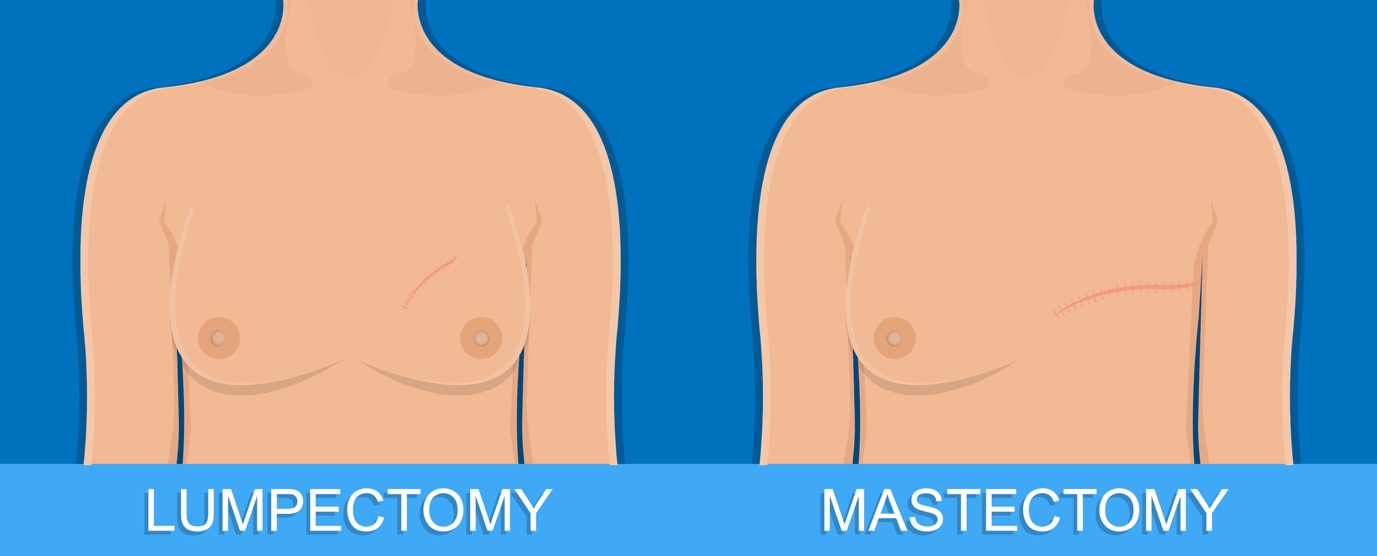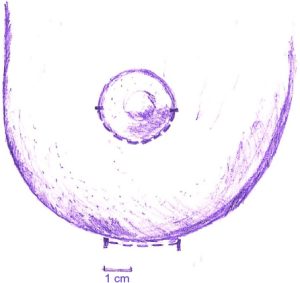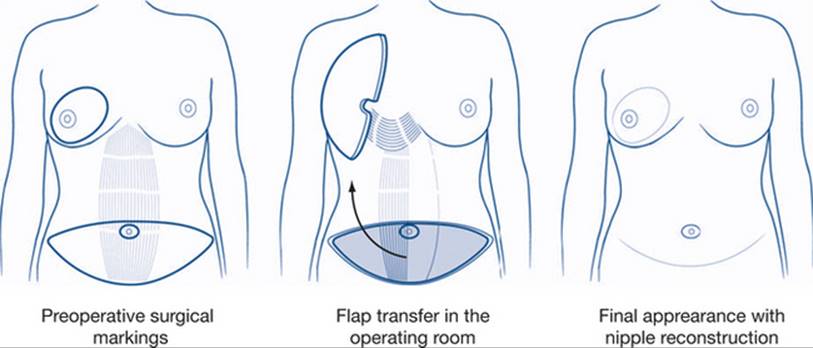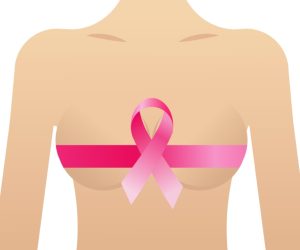I have breast cancer. Will I lose my breast?

‘Cancer I could deal with. Losing my breast I could not’ – Joanna Moorhead 2018
These are thoughts that are echoed by many ladies when told they have breast cancer. For many women, the breast forms a part of their womanhood, a part of their identity as a woman. Losing it feels like being less of a woman, despite whatever other well-meaning family or friends may tell them.
Thankfully breast cancer is a disease that is increasingly detected at earlier stages with breast screening. This means that many of the cancers are detected when they are still small lumps and some can’t even be felt by the woman herself.
These are the types of cancers that are most amenable to lumpectomies, also known as wide excisions. Lumpectomy is a type of surgery that removes only the cancer and a surrounding rim of normal tissue, instead of removing the whole breast (a mastectomy). It has to be followed by radiotherapy to the affected breast. Women who undergo this strategy have an overall survival that is similar to those who undergo a mastectomy.
Even with cancerous lumps that are larger there is sometimes the option of starting the treatment with chemotherapy first, before doing the surgery. Women who respond well to chemotherapy will notice their lumps shrinking and this may make a lumpectomy possible.
‘After careful consideration and a whole lot of leaning on my faith, I opted to undergo the lumpectomy surgery. I wasn’t in the mental space to make the decision to assault my physical body any more than absolutely necessary. I couldn’t imagine removing my breasts, my nipples, my womanhood.’ – Kai McGee JD 2018
So there are many thoughts that go through my mind when I see patients with breast cancer. These are some of the questions I ask myself:
- How large is the lump?
- Is the lump right under the nipple or is it far away from it?
- How large is the woman’s breast?
- Does she have a single cancerous lump or are there a few cancerous lumps?
- What about the other breast?
- Does she need chemotherapy before the surgery?
- Is there a chance the cancer is genetically related?
- And these are some of the questions that I will discuss with my patients:
- Are you comfortable with the need to undergo radiotherapy after a lumpectomy?
- Are you open to undergoing another surgery if there is remaining cancer in the breast?
- So how is a lumpectomy performed?
A lot of thought goes into this surgery! Many times much more than for a mastectomy. Where the incision is placed on the skin is one example. Where possible I try to put the incision in a position that is less conspicuous – along the edge of the areola and along the edges of the breast is always nicely hidden. But there is also the issue of closing the cavity that is left behind after removal of the lump. This will involve moving breast tissue that is next to the cavity. If I anticipate that this will be difficult owing to the location of the lump and the above incision I may choose to place the incision differently. Most lumps are easily removed in this manner.
Lumpectomy with incision placed immediately above the lump

Periareola incision and inframammary fold incisions, these incisions are nicely hidden
An important possibility to face up to would be ‘What if I’m not suitable for a lumpectomy?’ When would that be the case? There are some situations where a lumpectomy wouldn’t be the best choice for a woman. One example would be when the lump is very large and the breast is small in size. Another scenario would be if the cancer has a genetic origin.
In these instances a mastectomy may be necessary and the option of reconstruction is one that you can bear in mind. This is a surgery where I remove the breast tissue and after that a plastic surgeon replaces that with either an implant or tissue from another part of the body. So when the woman wakes up from the surgery the breast shape is still present.

Pedicled TRAM flap reconstruction. Tissue is taken from the abdomen and positioned at the breast.
With surgery for breast cancer, there are always alternatives to consider. Rarely is a lady confined to a mastectomy alone. A lumpectomy is many times possible and often has the fastest path of recovery after surgery. Speak to your doctor about it!


